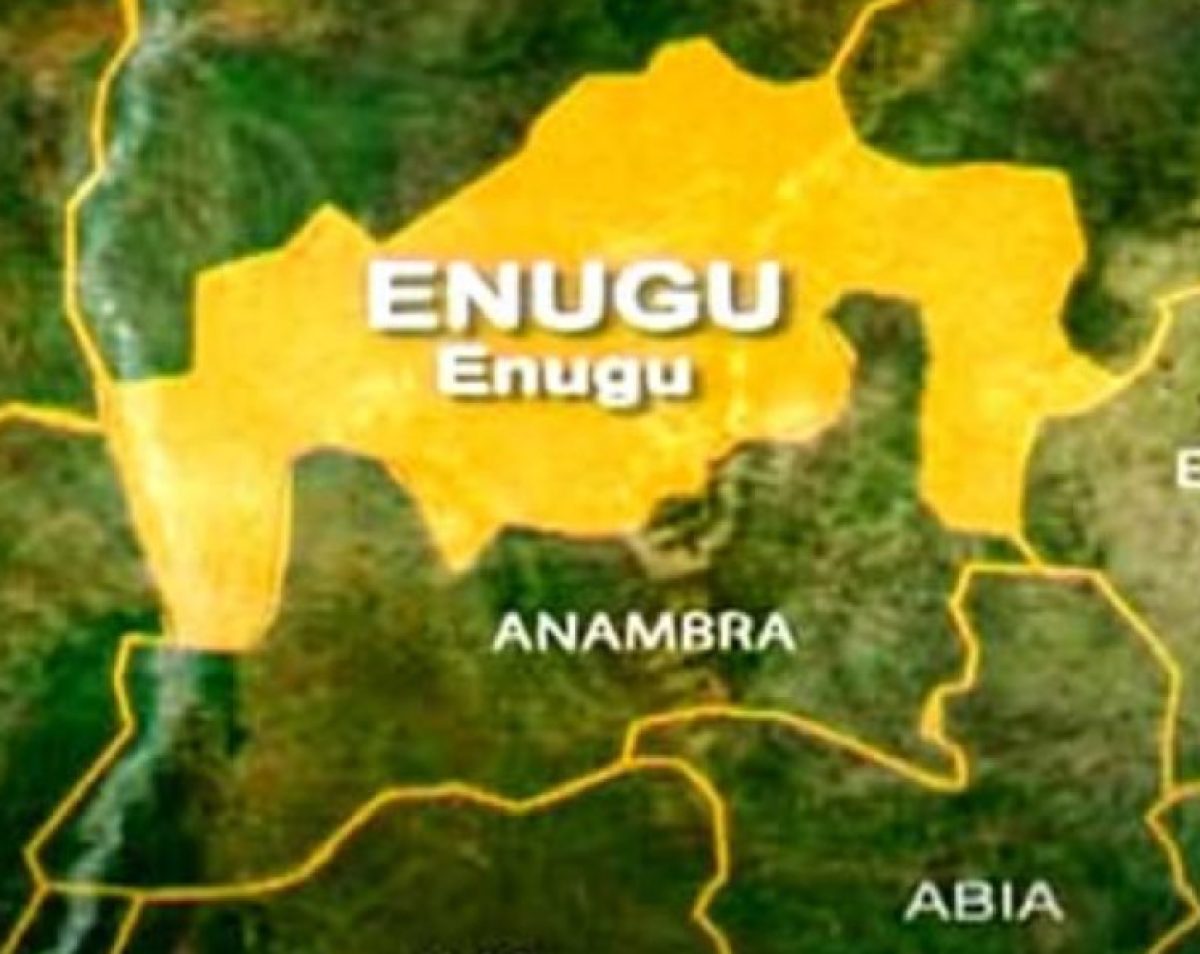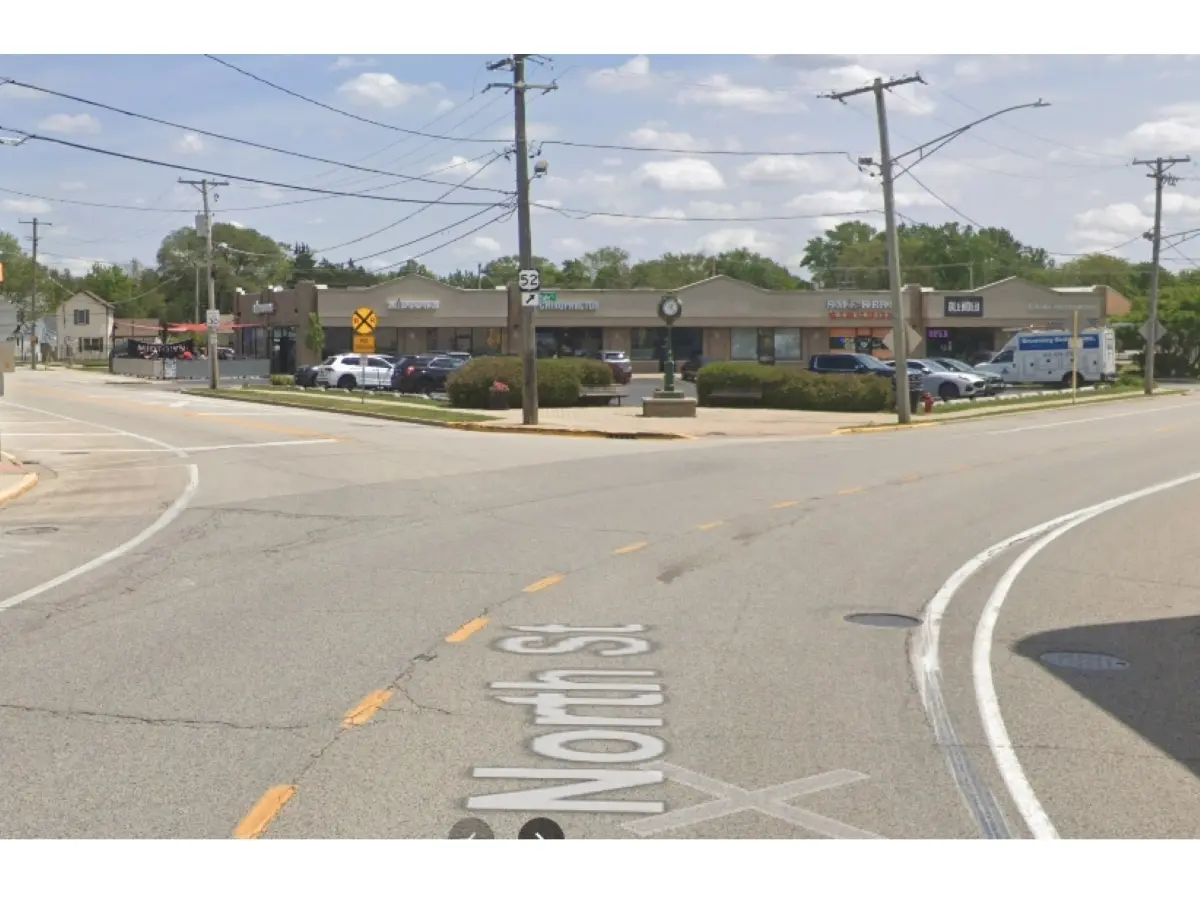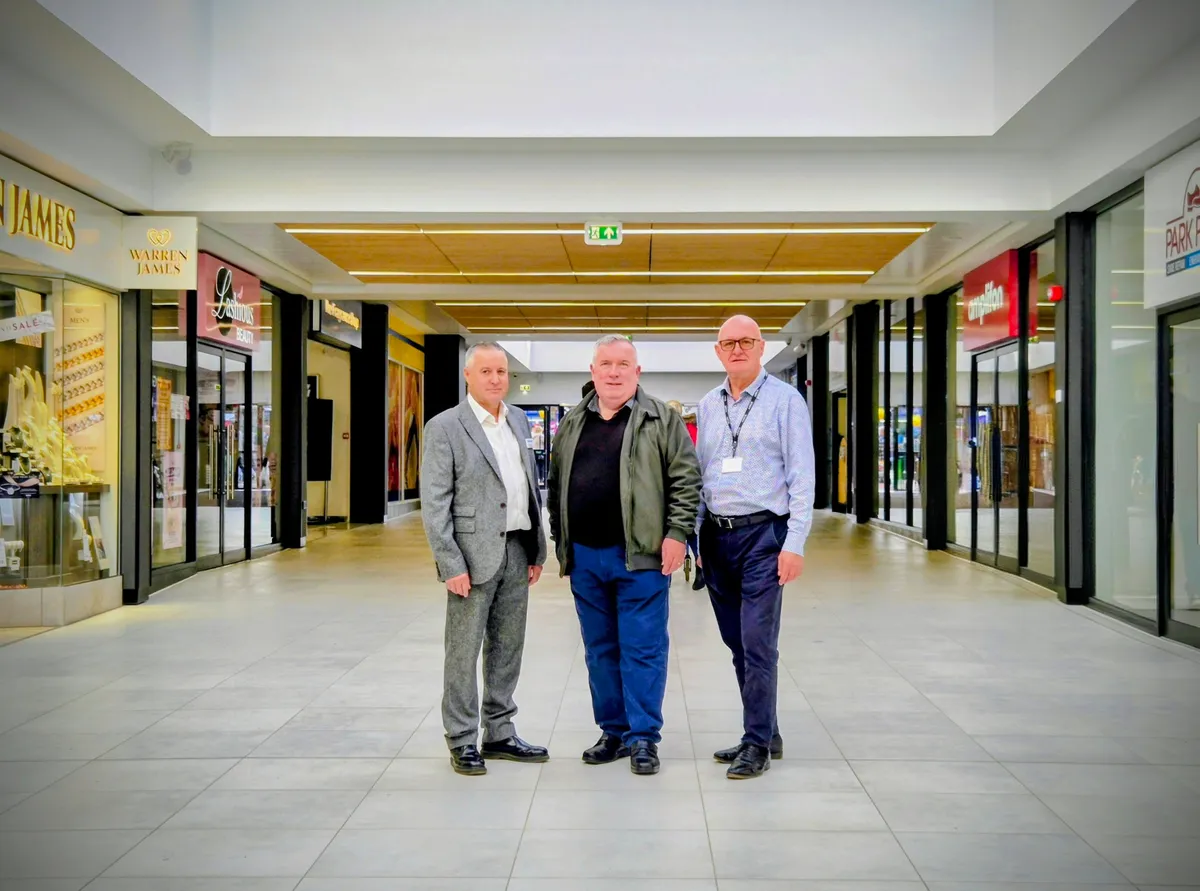Copyright dailypost

Residents of Obioma community in Udi Local Government Area of Enugu State have identified lack of adequate information as a major challenge towards accessing the various government’s poverty intervention programmes. This is also as they demanded more transparency in the handling of the Conditional Cash Transfer Programme, among other government interventions. They barred their minds to a non-governmental organisation, African Network for Environment and Economic Justice, ANEEJ, which was on a visit, on Tuesday, as part of the activities to mark the International Day For the Eradication of Poverty. DAILY POST reports that the essence of the visit was to gauge the pulse of the people on their experiences in accessing the various government intervention programmes. Enugu State programme manager of the non-governmental organisation, Mr. Innocent Edemhanria, who represented the Executive Director of the organisation, Rev. David Ugolor, explained that the essence of the outreach was to sensitize the people on some of the interventions of government to eradicate poverty in Nigeria. He said this would acquaint the community members with the requisite knowledge to access various government poverty alleviation measures across the country. "This is to interact with the people because the poverty rate in the country is high. “So, we are explaining to the people the poverty situation in the country and we are using the opportunity to also let them know the government's efforts at reducing poverty so that they can take advantage. “We are also using this to know those who have grievances, who have complaints, concerning those government intervention programmes. “So, this platform is also to gather grievances and channel them to the cash transfer facilitator who is here, who will resolve them. “Our target is to ensure that there is a collective action to address poverty in Enugu State", he said. Addressing the issue of non-transparency raised by some community members whose names were collated but were not paid eventually, Innocent said: "We have been monitoring cash transfer since 2018 and we understand what is happening. “There are usually issues; you know they are human beings and if you are dealing with human beings, there are usually issues. And this is also why we are here. “So far, the government has been transparent in this programme as you can see. Some who do not believe that the government is carrying out some cash transfers should believe because we have monitored it in the past". Addressing journalists, the President General of Obioma Autonomous community, Dr. Jude Enebechi, who appreciated ANEEJ for the sensitization, stated that even though there had been one form of intervention or the other going on in the country, the people of Obioma had not been beneficiaries due to lack of awareness. He said some members of the community could not access the interventions owing to poor knowledge of how to properly fill the forms and how to collate data. He said, "Before now, the interventions have been on but the rate of accessing it has been too low due to lack of awareness. “So, the awareness today made it clear some of the things that cause glitch in accessing it and they will now learn it and avoid it. “I believe that after today's awareness, the number of people that will have the knowledge will increase and the number of people that will access it will increase.” Addressing the participants, the Enugu State coordinator of the Operation Unit, Barr. Joy-Blossom Eneh highlighted some of the glitches that may cause a person whose data had been collated not to eventually benefit from the interventions. He said they included inconsistencies in the names of the would-be-beneficiaries, not having valid and functional bank account numbers and not having a valid National Identification Number (NIN).



